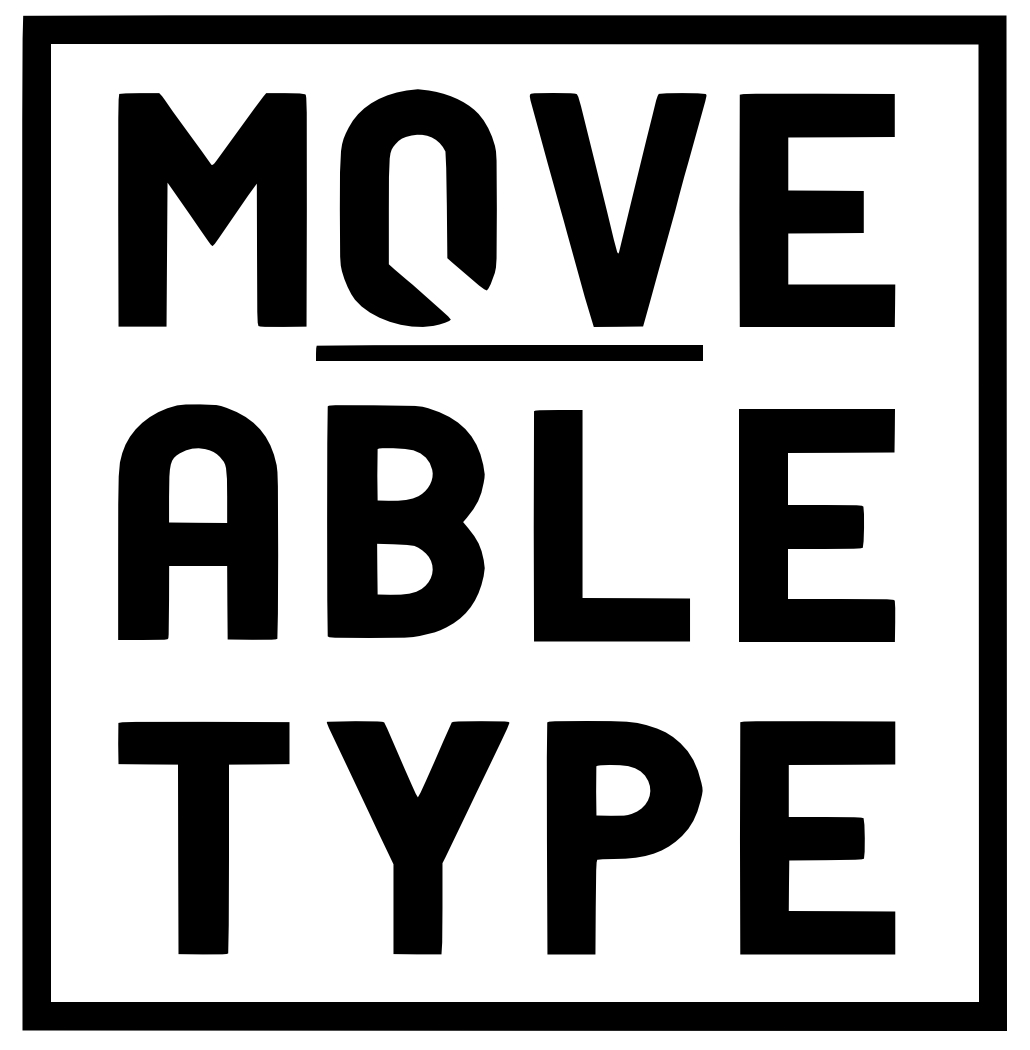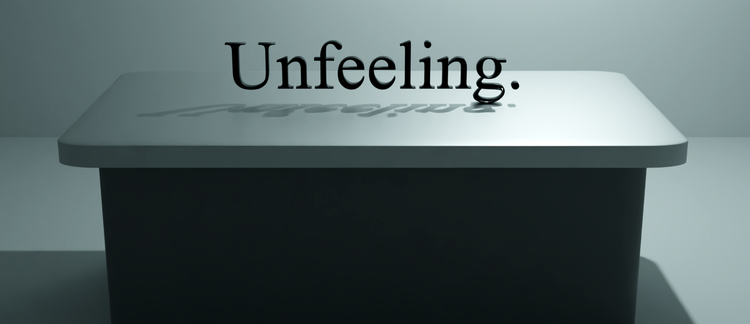Abstract
The term ‘dissociative feminism’ can be traced back to Emmeline Clein’s 2019 article for Buzzfeed News, ‘The Smartest Women I Know Are All Dissociating’. In it, Clein describes a new affective tone which shifts from the declarative protestations of ‘girlboss feminists’ to detached, flat descriptions of ‘overtly horrifying facts’ which comprise the everyday existence of women today. Abuse, depression, and burnout are all treated with a ‘so what?’ attitude. In addition to a generally marked dispassion, many argue that this emerging archetype ‘glamourizes her own destruction’ to the point that she knowingly engages in self-interested, fatalistic behaviours, only to scoff in the face of the subsequent fallout. The dissociative feminist deems emotional reactivity trite; she is ‘aware that woundedness” is overdone and overrated’.
Keywords: feminism, dissociative, contemporary literature, post-wounded, luster, Raven Leilani, Otessa Moshfegh, My Year of Rest and Relaxation
How to Cite:
Miki, C., (2022) “To Feel or Not to Feel: Dissociative Feminism and Modalities of Unfeeling in 21st-Century Literary Fiction”, Moveable Type 14(1). doi: https://doi.org/10.14324/111.1755-4527.131
Downloads:
Download To Feel or Not to Feel: Dissociative Feminism and Modalities of Unfeeling in 21st-Century Literary Fiction
View PDF
6123 Views
434 Downloads

